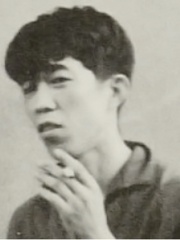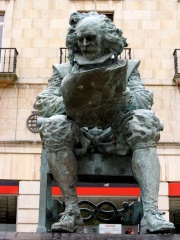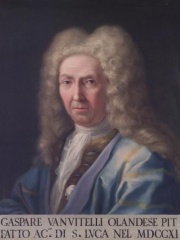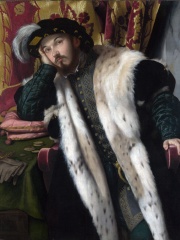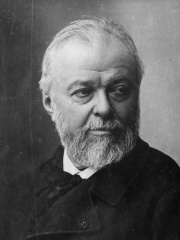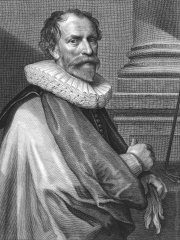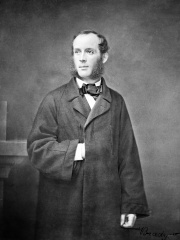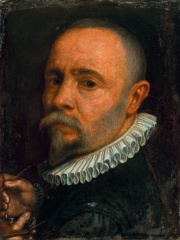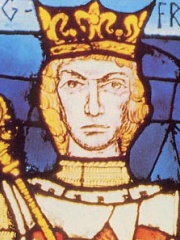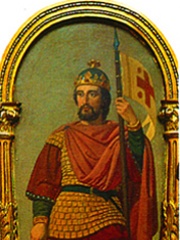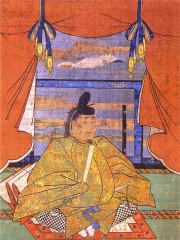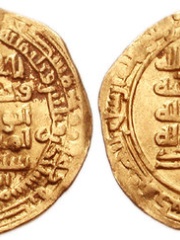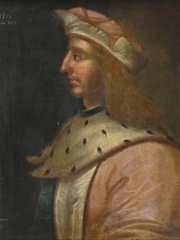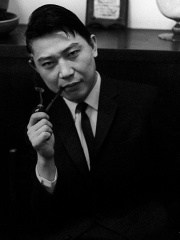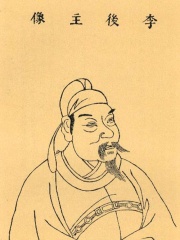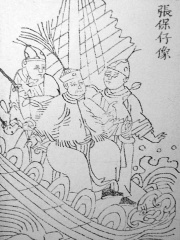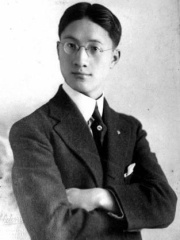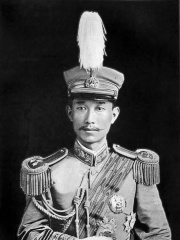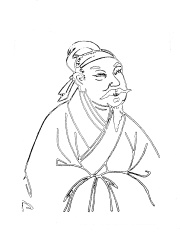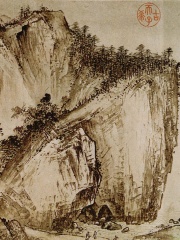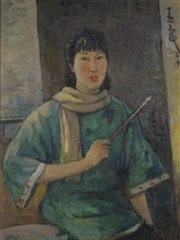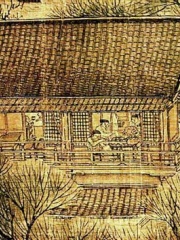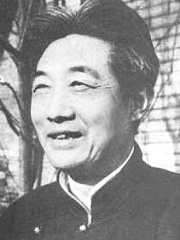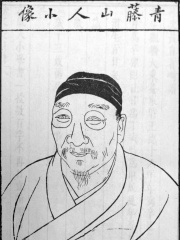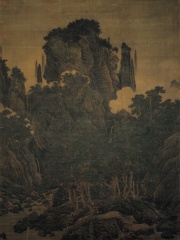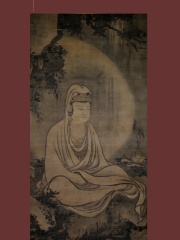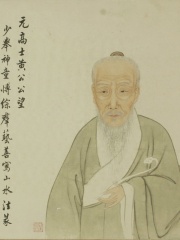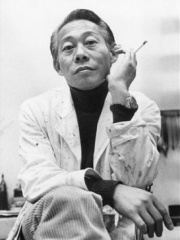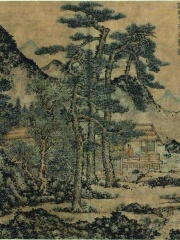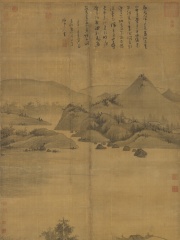Painter
Li Cheng
919 - 967
EN.WIKIPEDIA PAGE VIEWS (PV)
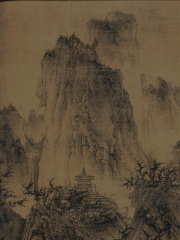
 Li Cheng
Li Cheng
His biography is available in 17 different languages on Wikipedia. Li Cheng is the 1,071st most popular painter (down from 1,030th in 2024), the 681st most popular biography from China (down from 671st in 2019) and the 22nd most popular Chinese Painter.
Memorability Metrics
Page views of Li Cheng by language
Among Painters
Among painters, Li Cheng ranks 1,071 out of 2,023. Before him are Adriaen van Utrecht, On Kawara, Juan Carreño de Miranda, Peder Mørk Mønsted, Alphonse-Marie-Adolphe de Neuville, and Caspar van Wittel. After him are Moretto da Brescia, Jean-Jacques Henner, Michiel Jansz. van Mierevelt, Frederic Edwin Church, Simone Peterzano, and Maria de Dominici.
Most Popular Painters in Wikipedia
Go to all RankingsAdriaen van Utrecht
1599 - 1653
HPI: 60.87
Rank: 1,065
On Kawara
1932 - 2014
HPI: 60.87
Rank: 1,066
Juan Carreño de Miranda
1614 - 1685
HPI: 60.86
Rank: 1,067
Peder Mørk Mønsted
1859 - 1941
HPI: 60.85
Rank: 1,068
Alphonse-Marie-Adolphe de Neuville
1836 - 1885
HPI: 60.85
Rank: 1,069
Caspar van Wittel
1653 - 1736
HPI: 60.85
Rank: 1,070
Li Cheng
919 - 967
HPI: 60.85
Rank: 1,071
Moretto da Brescia
1498 - 1554
HPI: 60.85
Rank: 1,072
Jean-Jacques Henner
1829 - 1905
HPI: 60.84
Rank: 1,073
Michiel Jansz. van Mierevelt
1566 - 1641
HPI: 60.84
Rank: 1,074
Frederic Edwin Church
1826 - 1900
HPI: 60.84
Rank: 1,075
Simone Peterzano
1540 - 1599
HPI: 60.83
Rank: 1,076
Maria de Dominici
1645 - 1703
HPI: 60.82
Rank: 1,077
Contemporaries
Among people born in 919, Li Cheng ranks 4. Before him are Sigfried, Count of the Ardennes, García Sánchez I of Pamplona, and Emperor Shizong of Liao. Among people deceased in 967, Li Cheng ranks 6. Before him are Boleslaus I, Duke of Bohemia, Abu al-Faraj al-Isfahani, Emperor Murakami, Sayf al-Dawla, and Dub, King of Scotland.
Others Born in 919
Go to all RankingsSigfried, Count of the Ardennes
POLITICIAN
919 - 998
HPI: 71.39
Rank: 1
García Sánchez I of Pamplona
POLITICIAN
919 - 970
HPI: 66.43
Rank: 2
Emperor Shizong of Liao
POLITICIAN
919 - 951
HPI: 64.46
Rank: 3
Li Cheng
PAINTER
919 - 967
HPI: 60.85
Rank: 4
Others Deceased in 967
Go to all RankingsBoleslaus I, Duke of Bohemia
POLITICIAN
915 - 967
HPI: 68.55
Rank: 1
Abu al-Faraj al-Isfahani
HISTORIAN
897 - 967
HPI: 67.16
Rank: 2
Emperor Murakami
POLITICIAN
926 - 967
HPI: 64.12
Rank: 3
Sayf al-Dawla
POLITICIAN
916 - 967
HPI: 61.52
Rank: 4
Dub, King of Scotland
POLITICIAN
1000 - 967
HPI: 61.27
Rank: 5
Li Cheng
PAINTER
919 - 967
HPI: 60.85
Rank: 6
In China
Among people born in China, Li Cheng ranks 681 out of NaN. Before him are Salchak Toka (1901), Fou Ts'ong (1934), Li Yu (937), Jin of Xia (null), Cheung Po Tsai (1783), and Zhong Shanshan (1954). After him are Mang of Xia (null), Xu Zhimo (1897), Cai E (1882), Guo Zongxun (953), Lang Lang (1982), and François Cheng (1929).
Others born in China
Go to all RankingsSalchak Toka
POLITICIAN
1901 - 1973
HPI: 61.07
Rank: 675
Fou Ts'ong
MUSICIAN
1934 - 2020
HPI: 61.06
Rank: 676
Li Yu
POLITICIAN
937 - 978
HPI: 61.04
Rank: 677
Jin of Xia
POLITICIAN
HPI: 61.00
Rank: 678
Cheung Po Tsai
PIRATE
1783 - 1822
HPI: 60.98
Rank: 679
Zhong Shanshan
BUSINESSPERSON
1954 - Present
HPI: 60.96
Rank: 680
Li Cheng
PAINTER
919 - 967
HPI: 60.85
Rank: 681
Mang of Xia
RELIGIOUS FIGURE
HPI: 60.79
Rank: 682
Xu Zhimo
WRITER
1897 - 1931
HPI: 60.77
Rank: 683
Cai E
POLITICIAN
1882 - 1916
HPI: 60.76
Rank: 684
Guo Zongxun
POLITICIAN
953 - 973
HPI: 60.73
Rank: 685
Lang Lang
MUSICIAN
1982 - Present
HPI: 60.72
Rank: 686
François Cheng
WRITER
1929 - Present
HPI: 60.71
Rank: 687
Among Painters In China
Among painters born in China, Li Cheng ranks 22. Before him are Huang Tingjian (1045), Xia Gui (1195), Pan Yuliang (1895), Zhang Zeduan (1085), Xu Beihong (1895), and Xu Wei (1521). After him are Li Tang (1050), Muqi (1210), Huang Gongwang (1269), Zao Wou-Ki (1920), Wang Meng (1308), and Wu Zhen (1280).
Huang Tingjian
1045 - 1105
HPI: 62.11
Rank: 16
Xia Gui
1195 - 1224
HPI: 61.74
Rank: 17
Pan Yuliang
1895 - 1977
HPI: 61.68
Rank: 18
Zhang Zeduan
1085 - 1145
HPI: 61.59
Rank: 19
Xu Beihong
1895 - 1953
HPI: 61.17
Rank: 20
Xu Wei
1521 - 1593
HPI: 61.07
Rank: 21
Li Cheng
919 - 967
HPI: 60.85
Rank: 22
Li Tang
1050 - 1130
HPI: 60.63
Rank: 23
Muqi
1210 - 1270
HPI: 60.47
Rank: 24
Huang Gongwang
1269 - 1354
HPI: 60.45
Rank: 25
Zao Wou-Ki
1920 - 2013
HPI: 60.44
Rank: 26
Wang Meng
1308 - 1385
HPI: 60.03
Rank: 27
Wu Zhen
1280 - 1354
HPI: 59.67
Rank: 28

